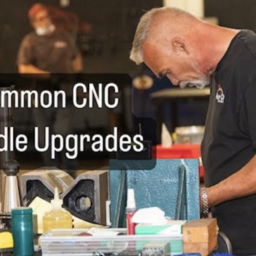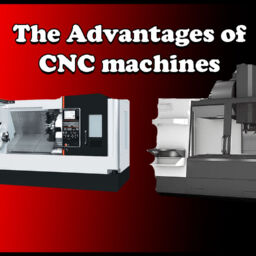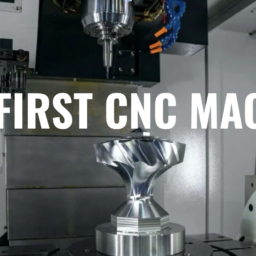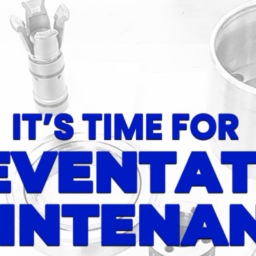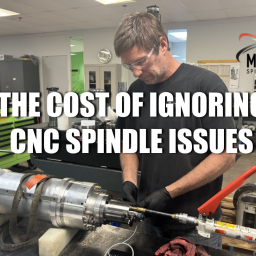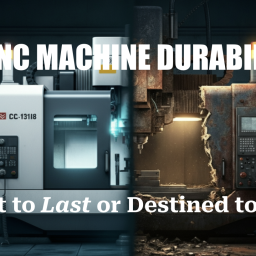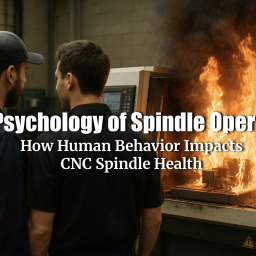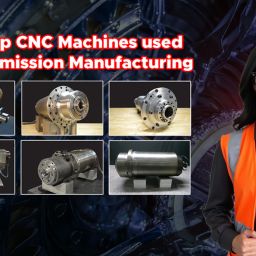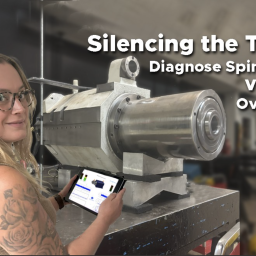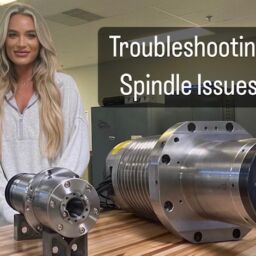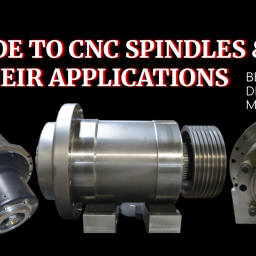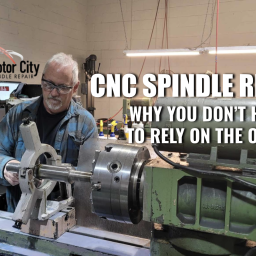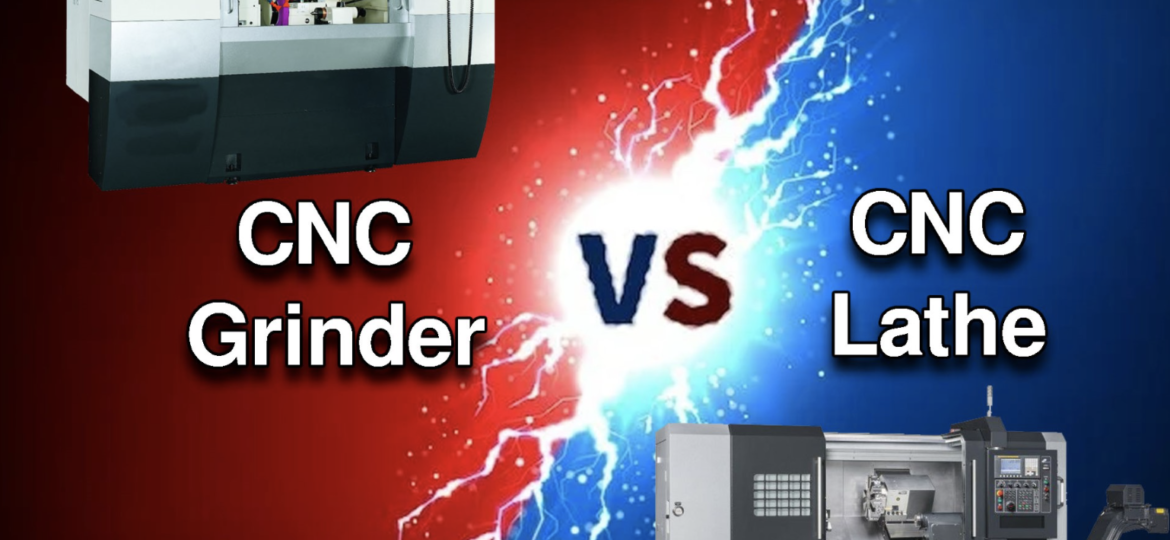
Unveiling the Precision Tools: CNC Grinders vs. CNC Lathes
In the world of advanced manufacturing, CNC (Computer Numerical Control) machines play a pivotal role in shaping and transforming raw materials into intricate and precise components. Two of the most common CNC machines are CNC grinders and CNC lathes, each with unique capabilities and applications. In this blog, we will explore the key differences between these precision tools and shed light on their distinct roles in the manufacturing process.
1. The Essence of CNC Grinders:
CNC grinders are specialized machines designed for precision material removal through abrasive processes. These machines are often used to grind and shape hard materials such as metals, ceramics, and composites. The heart of a CNC grinder is the grinding wheel, which rotates and abrades the workpiece, resulting in a fine, polished finish. Here’s a closer look at CNC grinders:
- Operation: Grinders are primarily used for removing material, achieving precise surface finishes, and creating complex, multi-dimensional shapes.
- Workpiece Shapes: They excel at creating intricate and contoured shapes on flat or curved surfaces.
- Material Removal: Grinders use abrasion to remove material, making them ideal for achieving tight tolerances and enhancing surface quality.
- Applications: CNC grinders are commonly used in the production of precision components, tool and die making, and applications demanding exceptional surface quality.
2. The Craft of CNC Lathes:
CNC lathes, in contrast, are designed for shaping and turning cylindrical workpieces. These versatile machines rotate the workpiece while a cutting tool moves along its axis, creating symmetrical components like shafts, bolts, and cylinders. Here’s what you need to know about CNC lathes:
- Operation: Lathes are primarily used for cutting, turning, facing, and drilling operations, especially on cylindrical workpieces.
- Workpiece Shapes: They are optimized for producing cylindrical and simple contour shapes.
- Material Removal: Lathes remove material through cutting, making them suitable for turning and shaping tasks.
- Applications: CNC lathes are frequently used in industries such as automotive, aerospace, and general manufacturing for producing rotational parts and straightforward geometric components.
3. Tooling:
A fundamental difference between these machines lies in the type of tools they use:
- CNC Grinder Tooling: Grinders employ abrasive grinding wheels that are chosen based on the material and the desired surface finish. The type and grit of the wheel are crucial for achieving precise results.
- CNC Lathe Tooling: Lathes use a variety of cutting tools, such as turning tools, drills, and inserts. These tools can be changed easily, providing flexibility for different machining tasks.
4. Choosing the Right Machine:
Selecting between a CNC grinder and a CNC lathe depends on the specific requirements of your project. If you need to create intricate shapes, achieve superior surface finishes, or work with hard materials, a CNC grinder is the better choice. On the other hand, if your project involves cylindrical parts or simpler geometries, a CNC lathe is the more suitable option.
In conclusion, CNC grinders and CNC lathes are both invaluable assets in the manufacturing industry, but they cater to distinct needs. The next time you marvel at a precisely crafted component, remember that it might have been born on the grinding wheel of a CNC grinder or turned on the spindle of a CNC lathe. These machines are the unsung heroes behind the remarkable precision and intricacy of modern manufacturing.
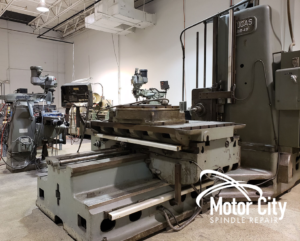
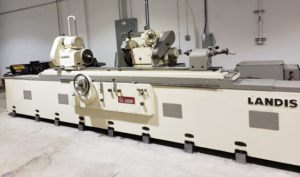
CONTACT US ANYTIME IF YOU’D LIKE TO CHAT WITH OUR EXPERTS OR STOP BY OUR 25,000 SF MANUFACTURING FACILITY LOCATED IN DEARBORN, MICHIGAN!
(734) 261-8600 OR EMAIL US AT SALES@MOTORCITYREPAIR.COM
*Quotations are 100% free of charge
*All quotes are accompanied by a detailed failure analysis report
*We frequently repair spindles in 2-5 business days in emergency situations
*Normal time averages 1-3 weeks for standard repairs
*We keep precision bearings, seals, o-rings, encoders, and other commonly replaced spindle parts in stock and on hand
*Always available 24 hours a day and 7 days a week for emergency repair service
*We deliver the repaired product to you
*Our repairs are balanced, test ran, and certified with a full 1 Year Warranty
*We repair or build new depending on your needs
*Guaranteed cost savings
Need a FREE ESTIMATE? Click HERE To view our most recent blog post, click HERE Have questions about ballscrews? Check out our BALL SCREW WEBSITE


